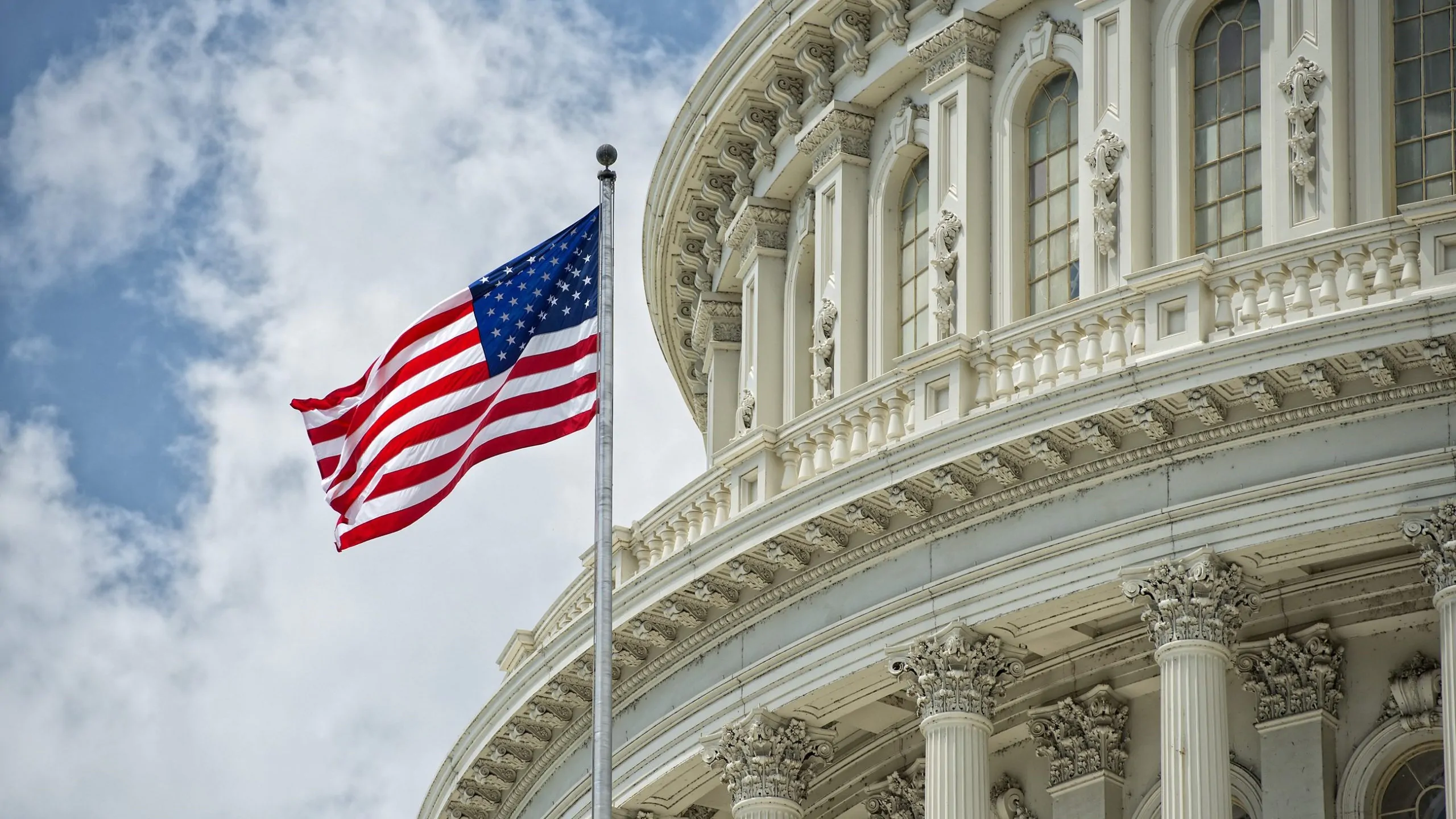Last week, the House passed HR4, the John R. Lewis Voting Rights Advancement Act, which she introduced the prior week.
“The House took an important step in our continued struggle to keep the promise of our democracy alive for all Americans,” said Sewell. “With the passage of the John R. Lewis Voting Rights Advancement Act today, we’re preserving and advancing the legacy of those brave Foot Soldiers like John Lewis who shed blood on that bridge for the right of all Americans to vote.”
“The passage of HR4 couldn’t come at a more critical time,” Sewell said. “As states and localities erect deliberate barriers to the ballot box at an unprecedented pace, the need for federal oversight has never been more urgent. The Senate must now use every tool at its disposal to pass this bill and ensure it lands on President Biden’s desk. There is absolutely no time to waste.”
HR4 restores Section 2 of the Voting Rights Act of 1965 by clarifying congressional intent and eliminating the heightened standard created by the Supreme Court in Brnovich v. DNC that makes it more difficult to challenge discriminatory voting laws.
The John R. Lewis Voting Rights Advancement Act also:
- Allows federal courts to immediately halt questionable voting practices until a final ruling is made. This provision recognizes that when voting rights are at stake, prohibiting a discriminatory practice after the election has concluded is too late to truly protect voters’ rights.
- Gives the Attorney General authority to request that federal observers be present anywhere in the country where discriminatory voting practices pose a serious threat.
- Increases transparency by requiring reasonable public notice for voting changes.
- Includes a retrogression standard for already-enacted but not-yet-implemented measures.
- Help plaintiffs to seek injunctive relief for voting rights violations in the lead-up to an election.
- Establishes a grant program for small jurisdictions to help them comply with the bill’s various notice requirements.
For decades, the Voting Rights Act of 1965 (VRA) forced many states, especially the former states of the Confederate States of America to receive preclearance from the U.S. Justice Department’s Civil Rights Division before implementing any changes to voting districts or voting laws. The landmark Supreme Court decision Shelby County versus Holder in 2013 struck down that controversial Section 4 provision of the Voting Rights Act of 1965.
In the coming months all 50 states, including Alabama, will be able to redistrict their congressional and legislative district without having to go through the burdensome preclearance requirement of the Justice Department, in some cases for the first time in 56 years. Democrats have expressed concerns that Republicans will use this opportunity to marginalize minority voters.
Republicans argue that HR4 is an attempt by Democrats to federalize elections, mire redistricting efforts in months and years of legal conflict, and give the Biden Justice Department power over the impending redistricting ahead of the 2022 and 2024 elections. HR4 will also strike down state voter ID laws and efforts by state legislatures to increase election scrutiny, and give the Biden Justice Department ultimate authority over the 2022 and 2024 elections rather than state legislatures, state Secretaries of State, and local election officials.
Sewell was the only member of the Alabama Congressional Delegation to vote in favor of HR4. Congressmen Barry Moore, R-AL02, and Mo Brooks, R-AL05, wrote spirited statements on why they oppose HR4
HR4 now heads to the Senate for consideration.





















































